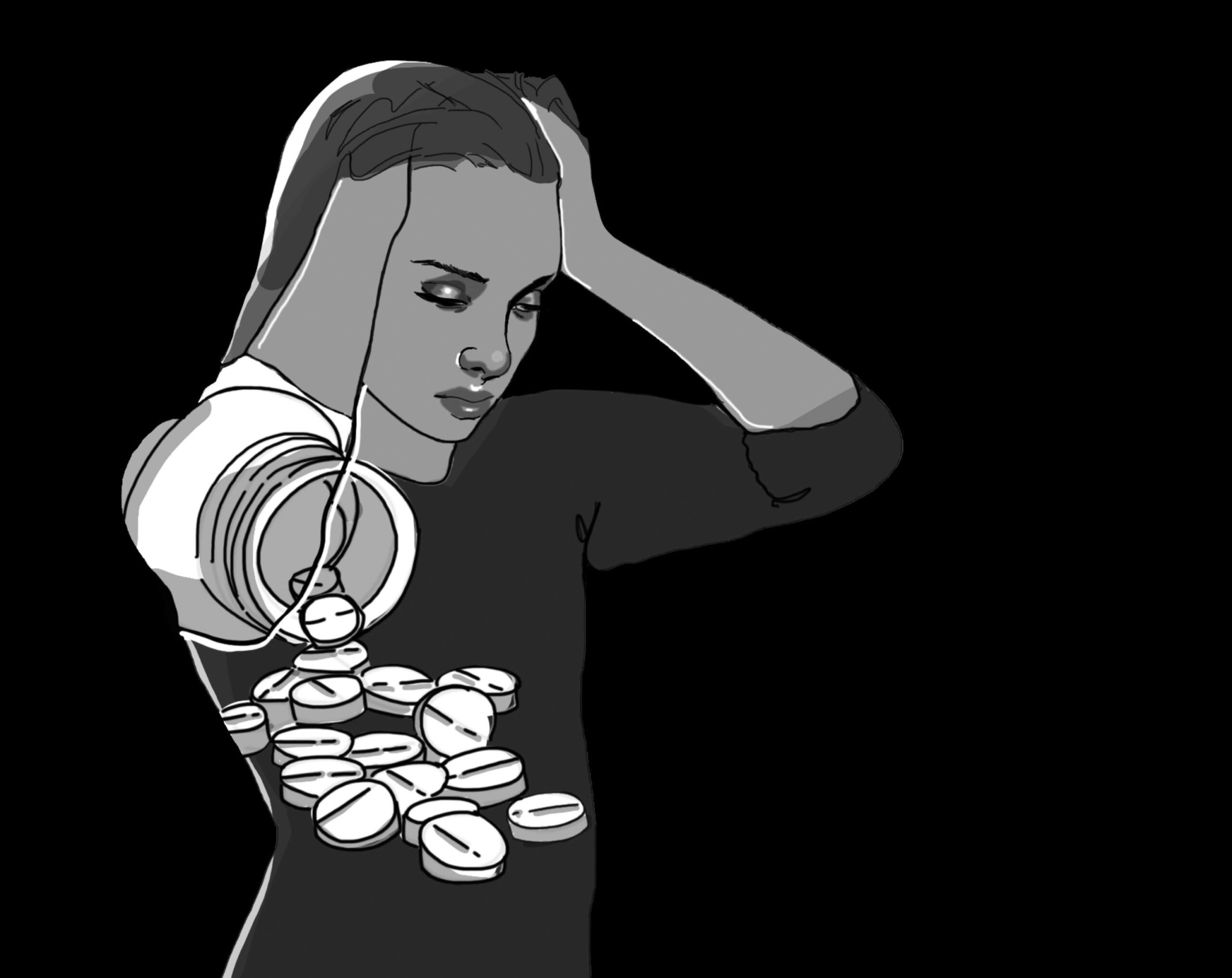Currently, a bill sits on the governor’s desk that would require all public universities to provide medication abortion to their students. This movement has in fact grown out of UC Berkeley, and expanded across the state as many others tighten their abortion laws. This new bill brings up the possibility of high schools being required to provide medication abortion at their health centers or nurses offices. Providing the abortion pill is a necessary step to take for Berkeley High School (BHS), it would grant students the ability to decide whether or not to terminate a pregancy free from cost or parental retaliation. The Berkeley High School (BHS) Health Center currently provides Plan B pills as well as a variety of contraception for high schoolers. This is progressive compared to many other high schools around the country, however solely providing contraception is not enough.
Medication abortion, according to Planned Parenthood, is a two step proccess that comes in the form of two pills and essentially replicates an early miscarriage in the users body. This means a short period of vaginal bleeding, similar to a heavy period, accompanied by cramping. Medication Abortion has a 91-98% success rate depending on how many weeks into a pregnancy it is taken. It can be taken up to 10 weeks after impregnation. While not pleasant, many people prefer the medical way to a more clinical approach, which can feel more disconnected or detached from their actual body, as well as much more solitary of an experience.
With medication abortion, users can choose the place and people they go through the experience with.Clinical abortions can be traumatic for people who decide to terminate a pregancy. The environments in which these procedures are conducted are harsh and others are not allowed in the room with the patient during the surgery, which can add a level of isolation to an already intense experience. With medication abortion, users can choose the place and people they go through the experience with.
Ultimately, high school is a major mental and emotional developmental period and unwanted pregnancy is more often than not a very harrowing experience, especially for teens who don’t present or identify as female, or low income students. Being able to decrease the emotional impact on these students should be a priority for schools, as it will mean that students will be able to focus on the learning essential to their future. By instituting these health infrastructures that can positively impact teenagers directly, we can ensure that the future generation will be educated.





